A noun is what we call the word that names something or someone. A noun may be a person, a thing or a place. Nouns can play many roles within a sentence. A pronoun is a subcategory of nouns.
What is a noun?
Nouns make up a lot of the English language. There are also many different types.
These are all nouns:
My father
Your aunty
The Queen
Elvis Presley
The following places are also nouns:
My house
Mount Everest
The bathroom
Nouns can also be things. That includes imaginary items, concepts, activities, and other objects.
Tap
Football
Table
Freedom
Common Nouns
Generic (common) nouns can be put into three categories. These are collective nouns, abstract nouns and concrete nouns.
A collective noun is a collection or a group.
Examples of a collective noun:
A murder of crows.
A wild pack of dogs.
A concrete noun is something physical, or real.
Examples of concrete nouns:
I have a cup of coffee.
I heard some music.
An abstracts noun is something we cannot perceive.
The bravery he had shown.
They had a lot of compassion.
Nouns as subjects
All sentences have a subject. The subject is always a noun—a person, thing, or a place that is being or doing the verb.
Examples of nouns as subjects:
Edward felt excited.
Louise was happy.
Edward and Louise are the subjects in each of their sentences.
Plural nouns
A plural noun differs from a collection or group. A plural noun will require a -s or a -es to be added to the singular form. There are some exceptions.
Examples of plural nouns:
Singular: A dog
Plural: The dogs
Singular: A car
Plural: The cars.
Singular: A tax
Plural: The taxes
Possessive nouns
A possessive noun is a noun that possesses something. You will see a possessive noun as it has an apostrophe.
It was Joshua’s ball.
I went to Ella’s house for dinner.
When there is a plural noun that ends in s, the apostrophe is moved.
My nephews’ first suit was expensive.
Nouns as objects
A noun can be an object in a sentence.
Examples of a noun asana object:
Give the shoes to them.
Pass the books to her.
What is a pronoun?
A pronoun’s distinguishing feature is that within a sentence, you can replace it. A pronoun is a word that replaces a noun to avoid repetition.
Robert decided to sleep. Robert has always enjoyed taking long naps.
Robert decided to sleep. He has always enjoyed taking long naps.
Robert decided to sleep. My brother has always enjoyed taking long naps.
In this case, the second Robert is replaced with ‘he’ and ‘my brother’. The change of pronoun stops the sentence from getting boring.
Personal Pronouns
Personal pronouns are:
They, Them, We, You, Me, I, Her, She, He, and Him
Relative Pronouns
A relative pronoun connects relative clauses to independent clauses. They include:
What, who, which, whom, that
Example of using a relative pronoun:
The person who posted these cards forgot to leave a number.
My plant is very large, that new pot will fit perfectly.
Antecedents
A pronoun can be almost anything. It is a very versatile part of the English language. An antecedent is a noun or a noun phrase that is replaced later in a sentence.
Example of an antecedent:
My friends are the best; I love to be around them.
In this example, the antecedent is family and replaced later by them.
Henry is my dog; he is loud and loves to run.
In this example, the antecedent is Henry, and the pronoun replacement is he.
Indefinite pronouns
For some occasions, you will not need to name a person or an object. In this case, you can refer to them with an indefinite pronoun.
Examples of indefinite pronouns:
Other, anybody, no one, none, some, everybody, one
Example use of indefinite pronouns:
The traffic jam meant that everyone was late.
In this case, the indefinite pronoun used is everybody.
No one else knows I have mismatched socks on.
In this case, the indefinite pronoun used is no one.
Interrogative pronouns
An interrogative pronoun will be used in a question.
Examples of interrogative pronouns:
What, which, whose, and who
An example use of an interrogative pronoun:
What is your last name?
In this example, the interrogative pronoun is what.
Which colour is your favourite?
In this example, the interrogative pronoun is which.
Those are some of the examples, and example uses of nouns and pronouns that you will often see.











